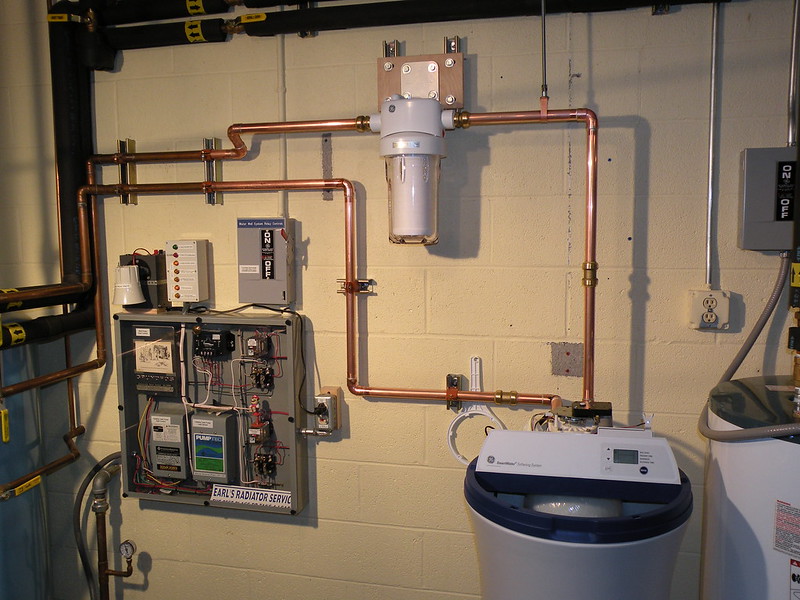Without a doubt, water is vital to human life. The majority of the planet’s surface is made of water and most of the human body.
But this fluid should be clear and refreshing, as well as healthy. However, it isn’t always the case.

Pollution, as well as chemicals, can all potentially seep into the water supply. It can result in a mildly unpleasant taste or smell, and it can even compromise human health.
Because of this, commercial water solutions must be put in place by industries and establishments
Filtered water tastes better overall compared to unfiltered water. The presence of chlorine as well as heavy metals can all be contributing factors to the unpleasant taste or aftertaste of water.
Tap water is typically safe to drink, but just because water will not damage health does not mean it is high-quality.
Safe tap water may still have contaminants that give water an unpleasant taste or smell as well as a cloudy appearance.
Commercial water solutions mitigate these contaminants to provide clean and fantastic tasting drinking water.
Chlorine, as well as heavy metals, are contributing factors to water the smell terrible.
Metals such as iron and copper can seep into groundwater and result in rust stains in the bathroom as well as water that is metallic smelling coming out from the taps.
Chlorine which is also added to mitigate microbiological contaminants has a strong chemical odor that can make water unpleasant to drink.
But not every contaminant gives off a foul smell. But several such as volatile organic compounds can give water a distinctively foul odor.
VOCs have been implicated and have effects ranging from irritation of the skin to liver and kidney damage as well as carcinogenic effects.
If the water smells off, it is critical to invest in a water filtration system. Water that is better smelling is pleasing to the senses.
Read Also:
- How Safe is Houston Tap Water and Which Filtration System to Use in the City?
- How to Keep Your Water Filtration System in Good Working Condition
- Getting Clean Water at Home: Finding Your Ideal Whole House Water Filter
- Benefits Of Installing a Water Filtration System
- How Much Do Home Water Filters Cost?
Although some people resort to bottled water to make sure that their drinking water is free of contaminants purchasing cases of bottled water becomes expensive in the long run very swiftly.
Plastic bottles go to landfills, which is harmful to the environment. In many locations, there might not be enough resources or infrastructures to recycle plastic bottles optimally.
In some cities, administrators have turned to throwing away or incinerating materials that need to be recycled.
Utilizing a water filtration system instead of bottled water helps keep non-biodegradable plastic bottles to a minimum and mitigates landfills and incinerators’ use.
Flooding and construction can add many kinds of pollutants to the water supply, primarily if the water is sourced from a well.
Currently, flooding has led to high levels of well water pollution and comparable effects. When floodwaters sweep across the land, they can pick up chemicals as well as waste products along the way and deposit them in water supplies.
Well, water as water reservoirs that become overtopped by floodwater is at a high risk of contamination.
But floods that only soak the surrounding soil can also leak into the well, especially if it is older and not sealed adequately.
Construction can also result in high levels of contaminants in the water. Construction materials such as chemicals and adhesives can seep into the soil and into the groundwater.
It can have an adverse effect if they make it into the drinking water system, especially if contaminants are not filtered out.
If the construction project involves an older building’s renovation, asbestos contamination will pose a severe risk.
It is critical that water is clean microscopically as well as tastes and smells good. Water is vital to human health, but environmental factors can help mitigate its purity.
Because of this, a water treatment system must be put in place to make sure that water has undergone an optimal treatment process that eradicates harmful materials.
Ester Adams is a farmer of words in the field of creativity. She is an experienced independent content writer with a demonstrated history of working in the writing and editing industry. She is a multi-niche content chef who loves cooking new things.